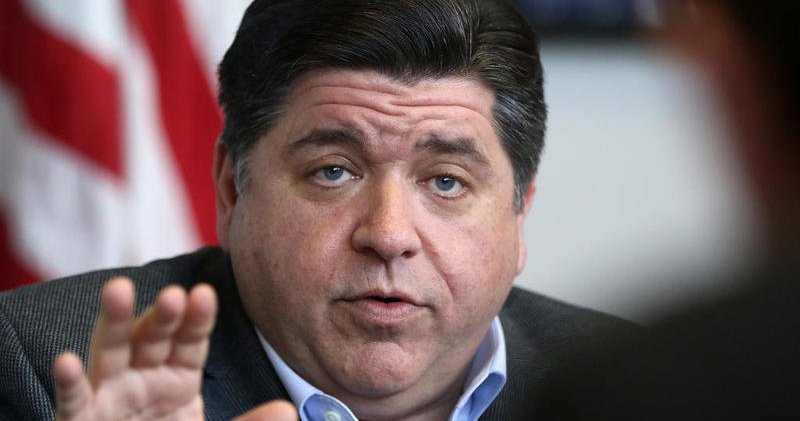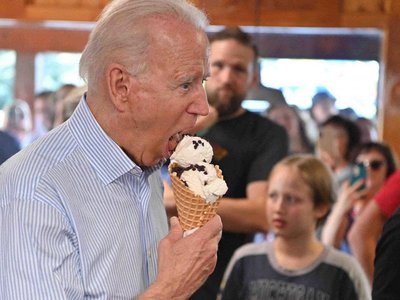Gov. J.B. Pritzker is formally asking lawmakers to shut down Illinois’ private school scholarship program and pour more money into public schools.
In his budget proposal Wednesday, Pritzker proposes taking the $100 million cap on donations to the Invest in Kids private school scholarship program and cutting it down to $50 million, $11 million less than what was donated in the program’s first year. He proposed to phase it out over the next three years.
As part of the overhaul of Illinois’ education funding formula in 2017, lawmakers added the five-year Invest in Kids pilot program, which grants a 75 percent income tax credit to those who donate scholarship funds for private schools. Officials with the program said most of the donations were for less than $1,000 and from individual donors.
"The governor is proposing to phase out the program over the next three years so that the state can direct its limited revenues to funding its commitments to public schools first," according to the proposal.
...
Pritzker said he opposed using tax revenue to subsidize private schools when he said Illinois does such a poor job of funding public schools, the Sun-Times reported.
"I want to make sure that we are fully funding our public schools before we turn to funding private schools and providing tax credits for wealthy people in the state," Pritzker told the newspaper. "So we are cutting back on that program, making sure that we’re providing the tax credit funding for the kids who are already taking advantage of it, but scaling it back so that we’re taking those dollars and applying them to public schools."
Holter said Pritzker’s assertion that the funding for the scholarships could be put into public schools is misleading.
"It’s not like there’s a big $100 million or $75 million pool of money out there that we’ve taken from some other pot of money," he said. "We work hard to make sure that the story of [this program's] importance and impact is out there so that these private citizens feel inspired to give."
Lawmakers filed legislation last year that would have barred paying out tuition or granting any tax rebates until every public school in the state was given adequate funding as dictated by the Illinois State Board of Education. It would have inevitably ended the program because the state is far from reaching ISBE’s set funding level adequacy.
Pritzker Proposes Closing Private School Scholarships Program
Pritzker is formally asking lawmakers to shut down Illinois’ private school scholarship program and pour more money into public schools.







